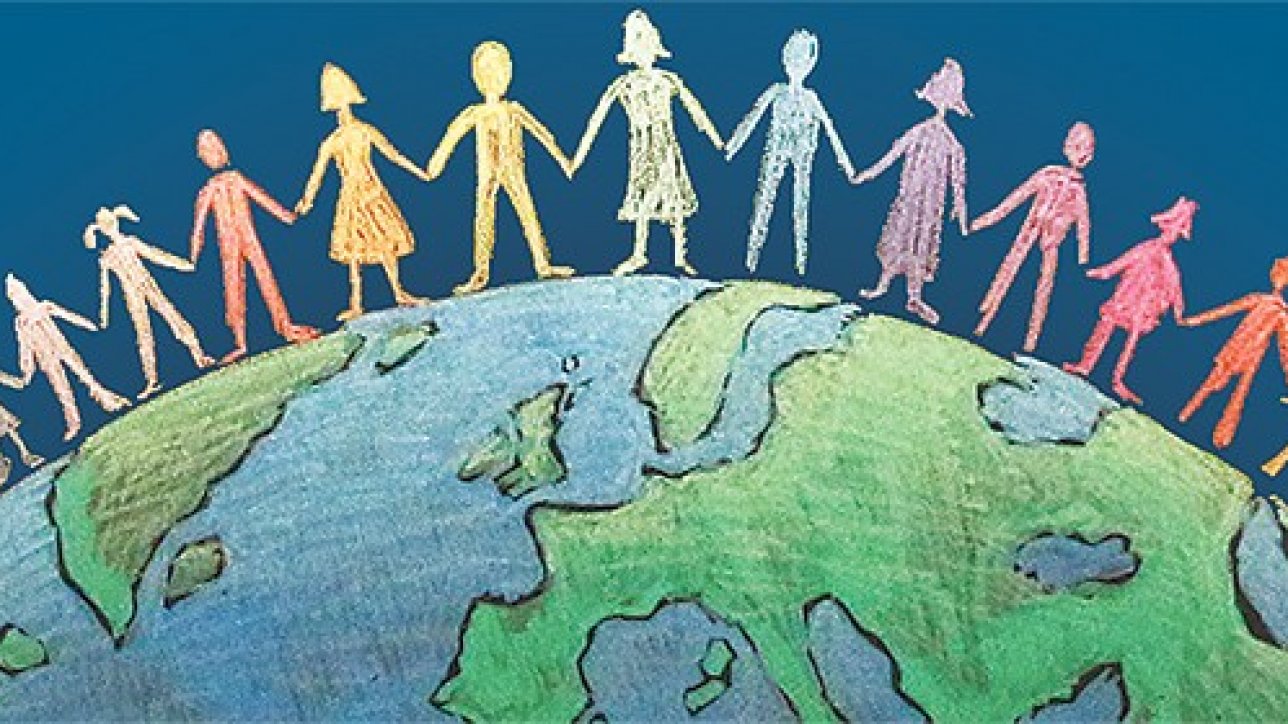Nepalis need to tell the world that things have changed
Aug 14, 2018-Last week, former United Nations Assistant Secretary General Kul Chandra Gautam released his memoir Global Citizen From Gulmi, in which the former diplomat recounts his journey from the hills of Nepal to the halls of United Nations. Here is a story of a Nepali who walked for 12 days to reach Benaras to attend classes or spent more than a week to get to Kathmandu, before attending the prestigious Dartmouth and Princeton universities in the United States. In one of the chapters, he recalls how it took him two years to get a passport despite presenting his scholarship documents—it’s a window into the Panchayat days, during which isolation ran deep and privileges were limited to a few. Gautam’s incredible journey has inspired many of us. Now 70, he continues to make multiple trips each month globe-trotting and making his mark as a board member in prestigious international organisations.
No accountability
Without doubt, there are many challenges in the country, but for Nepalis, the best excuse has been to blame the government for everything and not own up to their own responsibilities. As Gautam argues, perhaps, Nepalis from an entire generation went from being a child to a being an adult with family responsibilities having married at a lower age. Young people in many other countries do not get an opportunity to understand their own likes, dislikes, and what they would like to do. Absence of reading habits, disinterest in cultural heritage, and religious conservatism pushed people to simply do what others are doing.
There was also no accountability at the top. Members of the royal family graduated—often as the top student—from the university whose chancellor was the then king himself. Now in a democratic set up with Prime Ministers holding the position, one may not have to question the qualification of a university chancellor. Now more than ever, transparency is imperative in our system, because until now, no one has had to work hard because they weren’t held accountable for their actions.
With the focus on asset accumulation, and wealth being the primary barometer of judging a person in the society, it was never considered important to question corruption. Wealth accumulation became the ultimate aim and a few who could not do so became activists and started challenging the system—but without transparency in the work they do. Therefore, with guilt we started pushing inward looking socialism agenda to find all excuses of not integrating into the global world by calling them propagators of capitalism. This mindset has isolated Nepal from the world, forcing Nepalis to leave the country in search of economic empowerment and career choices that are free from the myopia of those in power at home.
Thinking global is a culture; it has nothing to do with being a Nepali in Nepal or living elsewhere. There are hundreds of thousands of Nepalis across the world today who are proud to be Nepalis, but have decided to settle down in foreign countries or take up another citizenship. These Nepalis connect with Nepal at a different level. They understand the richness of our cuisine. They promote Nepal as one of the most beautiful destinations in the world to visit, and recommend those to the outsiders at every opportunity they get. They want their children to come to Nepal and learn about its culture and heritage. These are the global citizens from Nepal, who, for opportunities and ambition, marched out into the world, but continued to carry the sense of pride for having come from Nepal—or for being a Nepali.
As a country, we don’t do enough to teach our kids and students what a great country they come from. Sure there are problems, but the discourse, at some point, has to shift from what can be done instead of what has not been done yet.
Show gratitude
Nepalis need to tell the world that things have changed. During Gautam’s book launch last week, Valerie Julliand, UN Resident Co-ordinator said that in the years since Gautam left his home, all the deficiencies through the Sustainable Development Goals lenses in the village Gautam hailed from has been met—there is water, electricity, roads, schools, health centres etc. There has been significant transformation, but we’re not willing to talk about it.
Finally, there has to be sense of gratitude. It was admirable to hear Gautam thank the people who mattered most in his journey. We often tend to forget to thank the people in our lives. Perhaps, the next recalibration of Nepal’s future will depend on how quickly we stop taking things for granted . The successful global citizens never forget where they came from, and who helped them get there.
http://kathmandupost.ekantipur.com/news/2018-08-14/global-citizens.html

